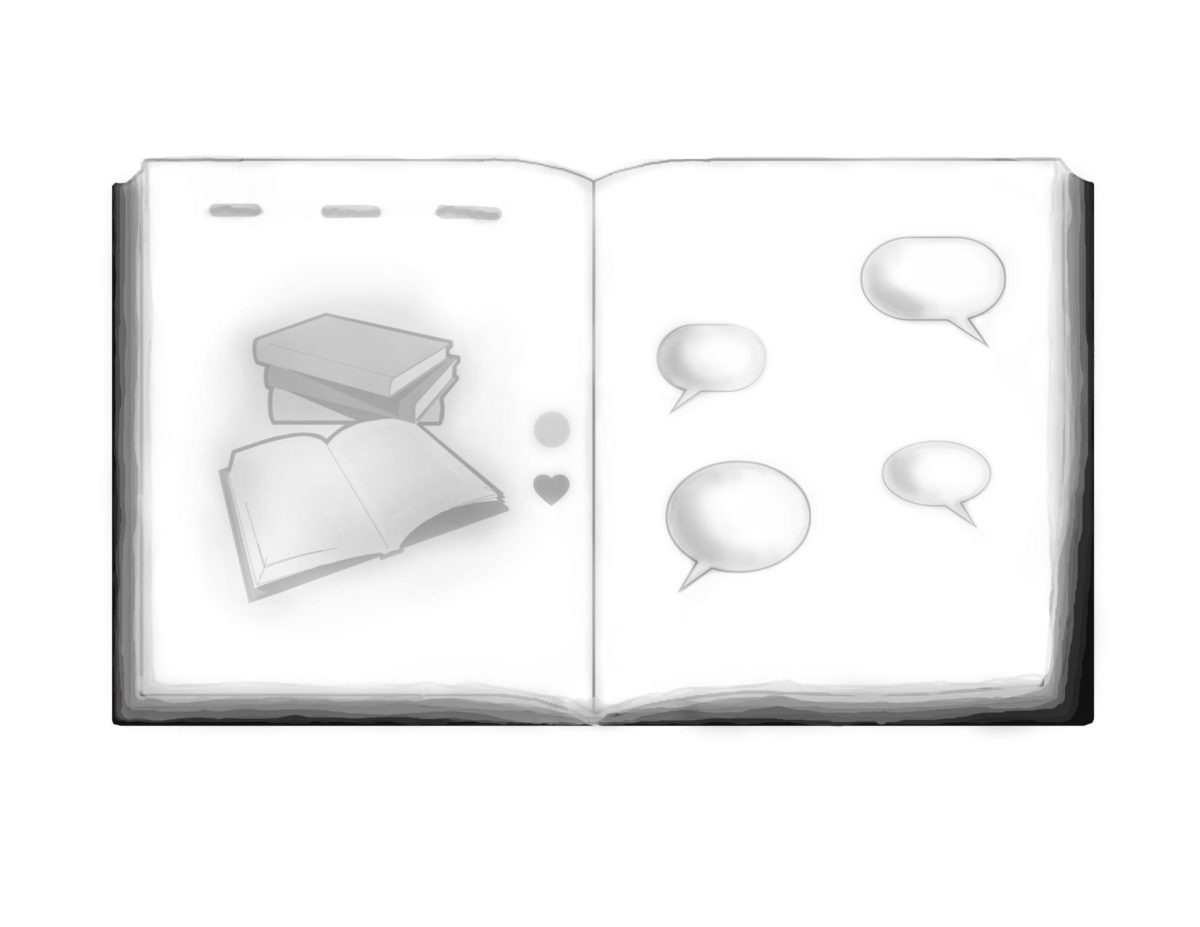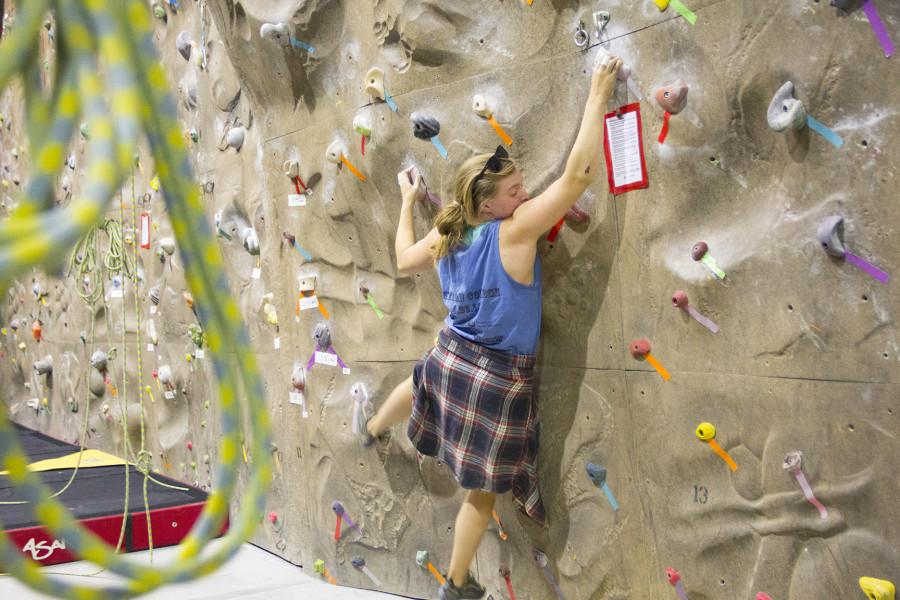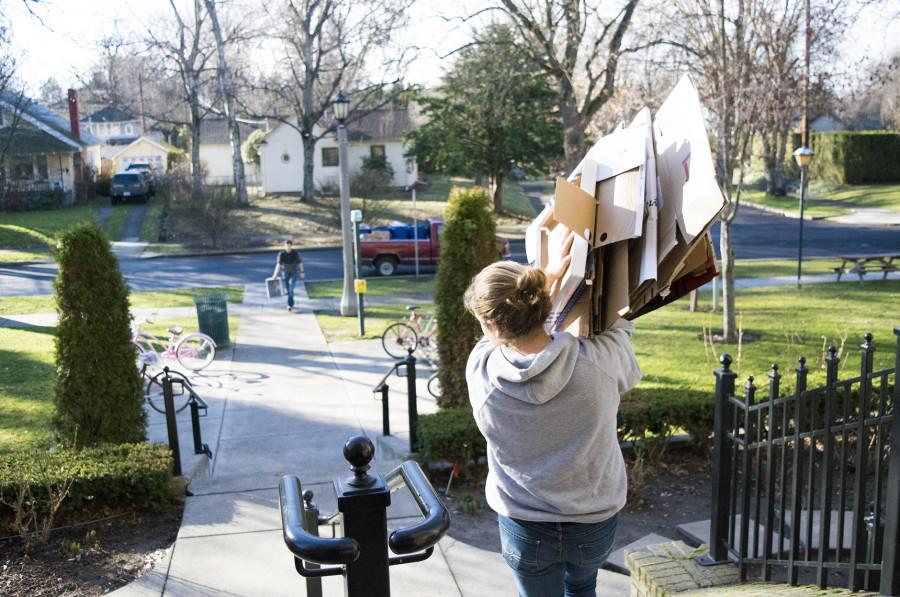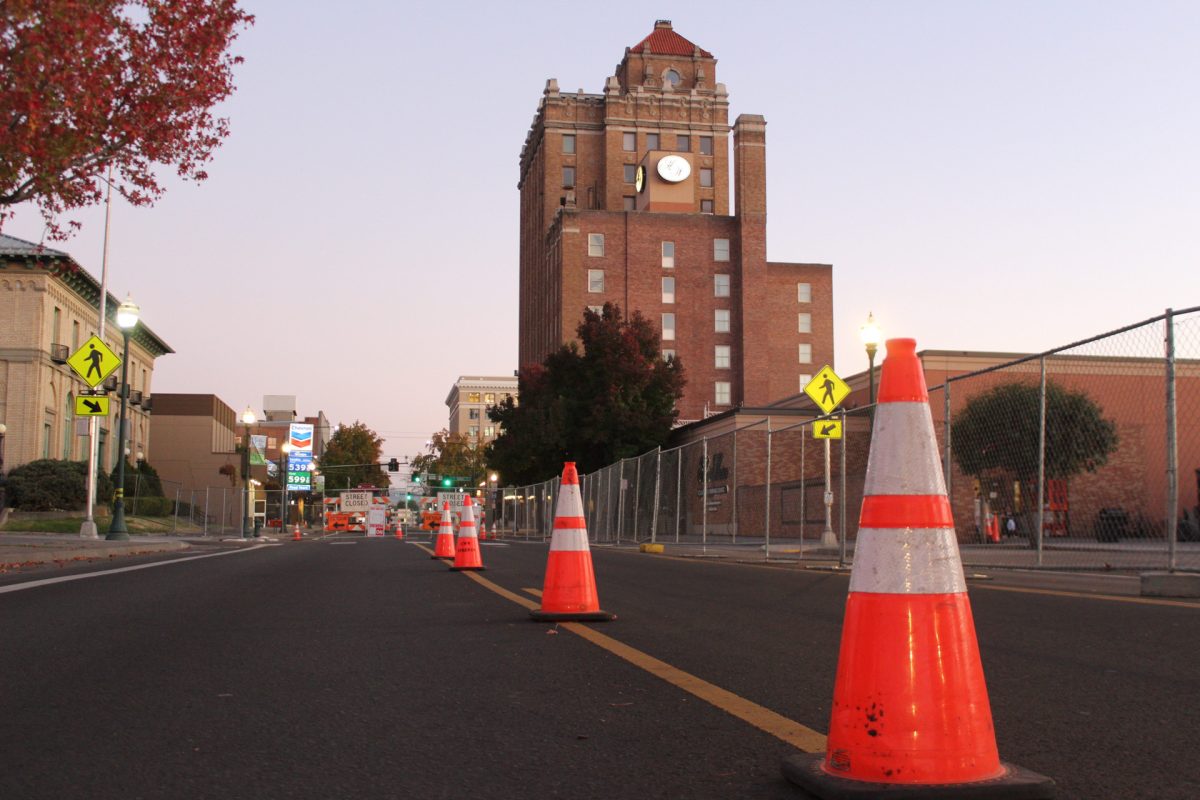Twenty-five years ago, conductor Yaacov (Yaki) Bergman didn’t know where Walla Walla was. Nonetheless, his great desire to be a director led him all the way from his small hometown kibbutz in Israel to the Walla Walla Symphony.
Bergman began playing the violin when he was very young. He went on to receive undergraduate degrees in composition and conducting from the Rubin Academy of the Hebrew University in Jerusalem and then to complete post-graduate studies at the Mannes College of Music in New York.
He has conducted orchestras around the world and has been with the Walla Walla Symphony for more than 25 years.
The Walla Walla Symphony itself is more than 100 years old. It had its first performance on Dec. 12, 1907. According to their website, the Walla Walla Symphony is the oldest continuously operating symphony west of the Mississippi River.
Bergman said the symphony has seen some big changes since its beginning a century ago.
“The orchestra wasn’t in the greatest shape when I arrived as the new music director. With time it became a real love affair with the community and with the orchestra, and I am very proud of what we do and how we do it. The orchestra today is loved and respected.”

One of the musicians in the orchestra is Professor of Music David Glenn, who has played the trombone ever since he was in fifth grade. He is now on the Board of Directors for the symphony.
“It’s a remarkably good symphony orchestra for a town this size, especially for a somewhat isolated geographic situation. On a number of occasions I’ve talked to people from out of town who are just dumfounded that we have an orchestra of this quality. The players are very, very good. It’s really grown over the years,” said Glenn.
He especially enjoys working with Bergman.
“He was here when I first joined the orchestra. It’s one of his main jobs. He travels all over the world conducting, but this is his main focus. We’re very good friends. We hang out occasionally, and he’s a good guy and a fantastic musician.”
Music Assistant Mayako Takemoto has been playing with the symphony since 1992. She teaches private lessons at Whitman, at Walla Walla University and in the community. Some of her youngest students are only three years old.
She hopes that watching the symphony will be an inspiration to her students.
“I play with the symphony because I want my students to see somebody they know on the stage. Few violin players can become great violinists … So I want them to come and watch, so that someday they can play too,” said Takemoto.
Junior Ryan Jacobsen has been playing the violin since he was 5 years old. He auditioned for a seat in the Walla Walla Symphony as a first-year, and he has been playing in it ever since.
Balancing schoolwork and rehearsals can sometimes be stressful for Jacobsen. The week before a concert, the symphony rehearses for three to six hours at a time, multiple times per week. Nonetheless, Jacobsen expressed disappointment at the number of Whitman students involved in the symphony.
“We should have more Whitman students in the orchestra. I think if you’re a fairly serious music player, it’s not that ambitious to at least audition, and I know that Yaki is always looking for more people to audition and bring a little bit more youth to the orchestra. Plus it’s fun, it’s good and you get paid,” said Jacobsen.
There are normally between six and eight concerts per season, and each season runs from October to July. The concert orchestras vary in size from 25 to 75 people, and the musicians range in age from 17 years old to over 50. Many of them live out of town.

But despite their differences, all symphony musicians have a few traits in common.
“We don’t just accept musicians; we audition them. If you play well and have the ability to keep up with a demanding repertoire, then, obviously, we’ll accept you. It takes a lot of discipline and a lot of preparation. Every situation has its own challenges, but that’s what we learn and study our whole lives to deal with,” said Bergman.
The Walla Walla Symphony is fortunate to have an extremely supportive community. Unlike many struggling orchestras from around the country, this one attracts an ample and diverse audience. In order to keep audiences engaged, the symphony keeps a wide variety of pieces in its repertoire.
“One of the things that the board works on is trying to make sure we don’t end up with an audience [composed entirely] of people over 60. There are all kinds of community outreach events to try to get the symphony known to school-age students. Whitman is also very good about providing tickets for students,” said Glenn.
The Walla Walla Symphony will perform its next concert on Tuesday, Oct. 8. This performance, titled “The Dynamic Duo,” will feature a violinist and cellist from Boise who happen to be twin sisters. Like every symphony concert since 1967, it will be performed in Cordiner Hall.
Before this concert, like all symphony productions, there will be a short program called “Inside the Music.”
“We basically run what we call ‘preconcert lecture.’ We invite people around 6:30 p.m. to listen to a short lecture about what is going to be played at the concert. It’s a very wonderful way to share more, and for the audience to learn more about the program,” said Bergman.
There is no place Bergman would rather be than conducting.
“I love what I’m doing. It’s a wonderful, wonderful journey. The creative process is so energizing. It’s a wonderful place to be.”




















